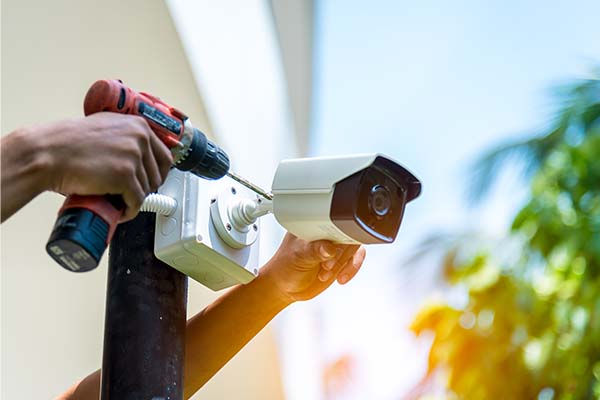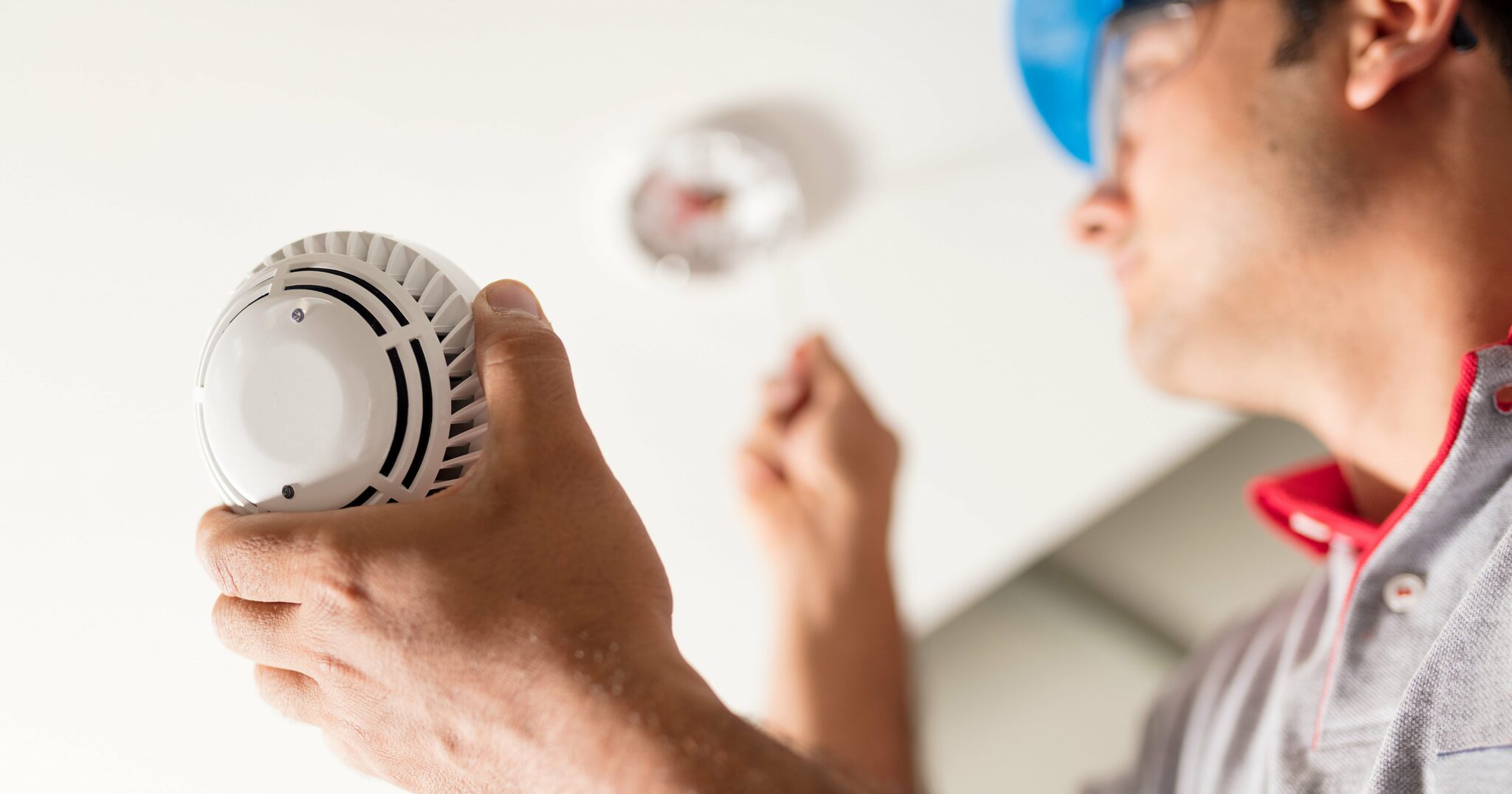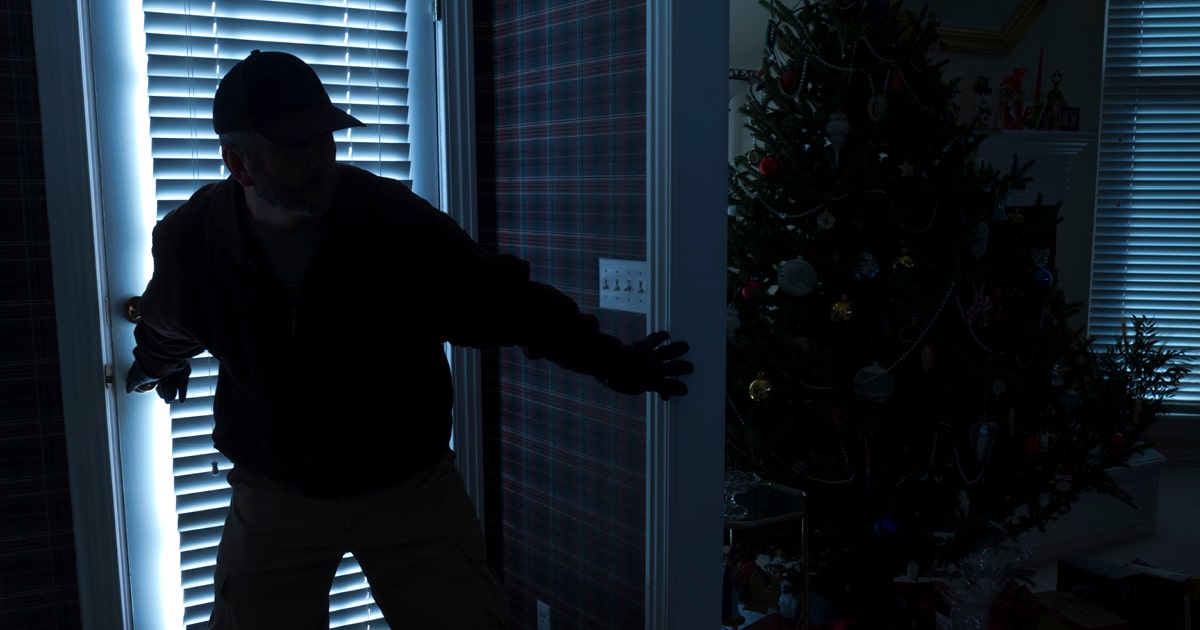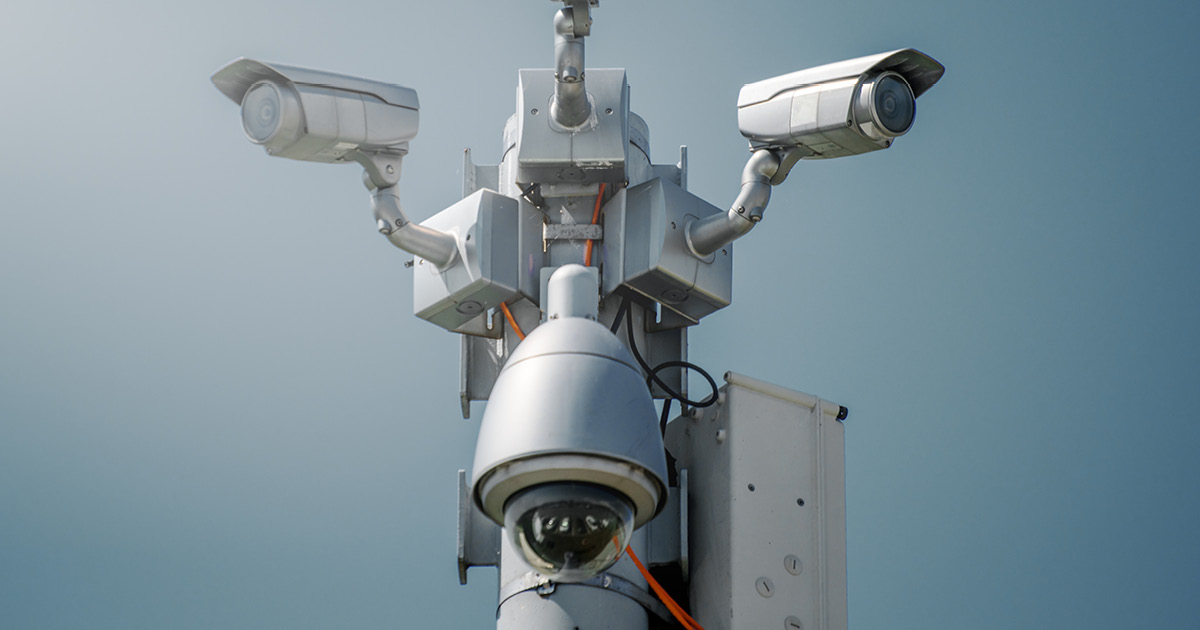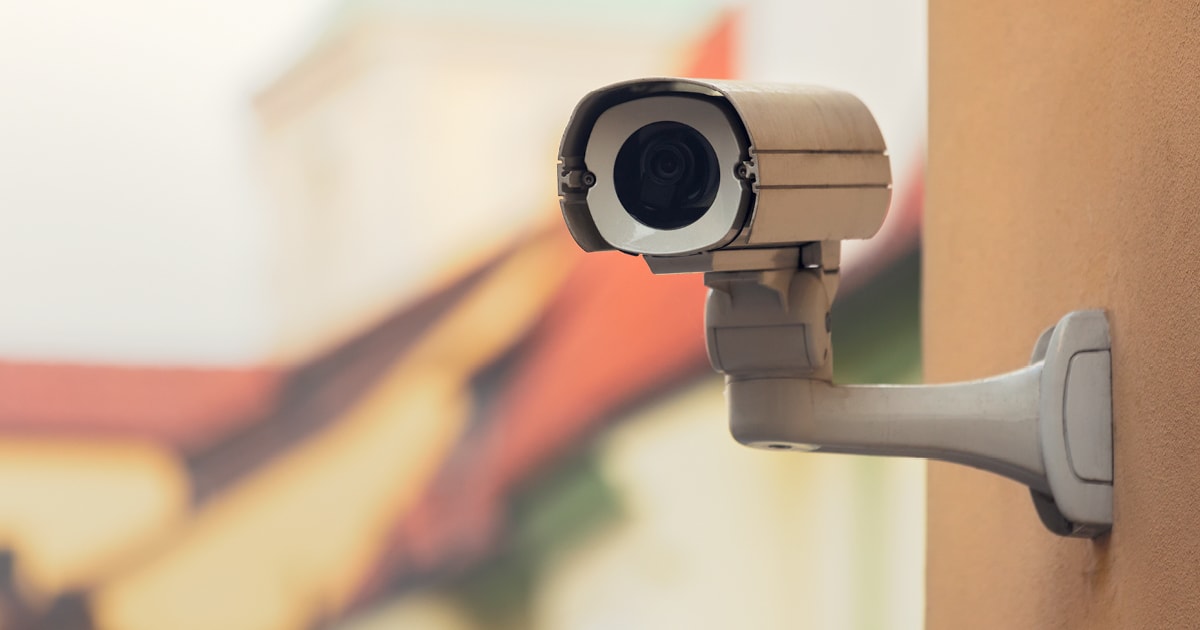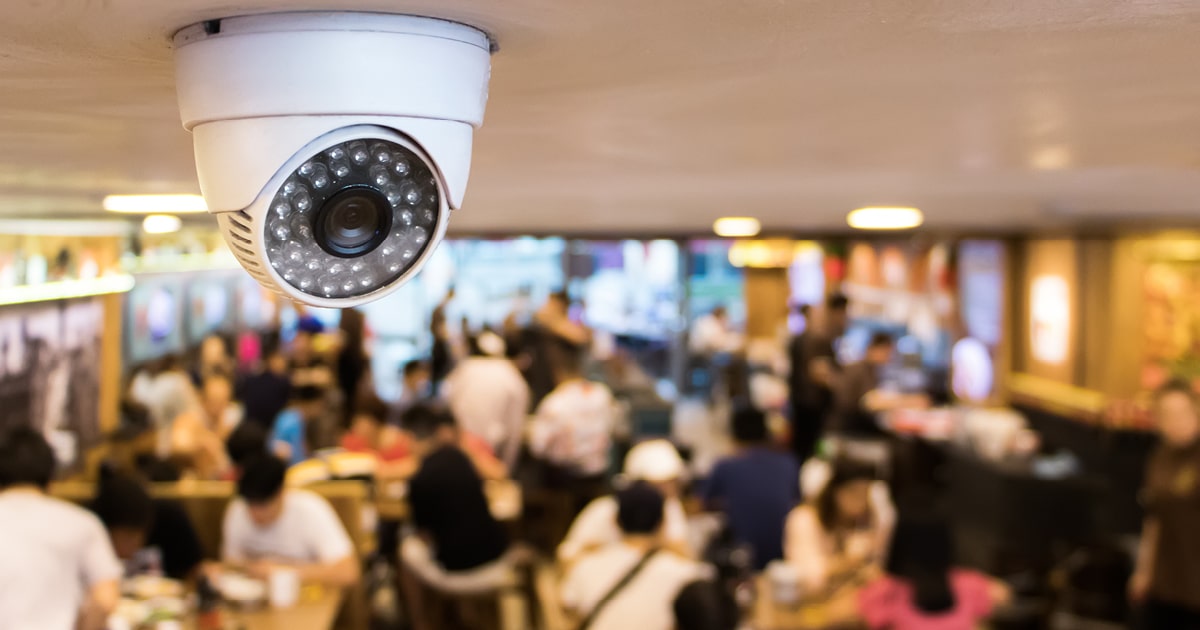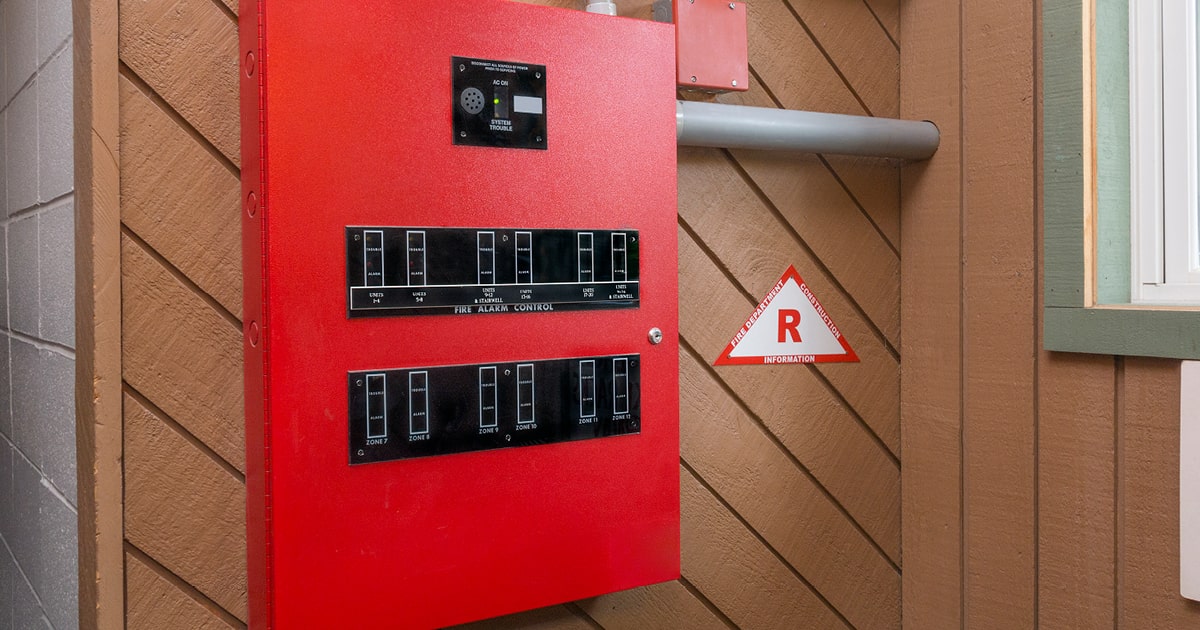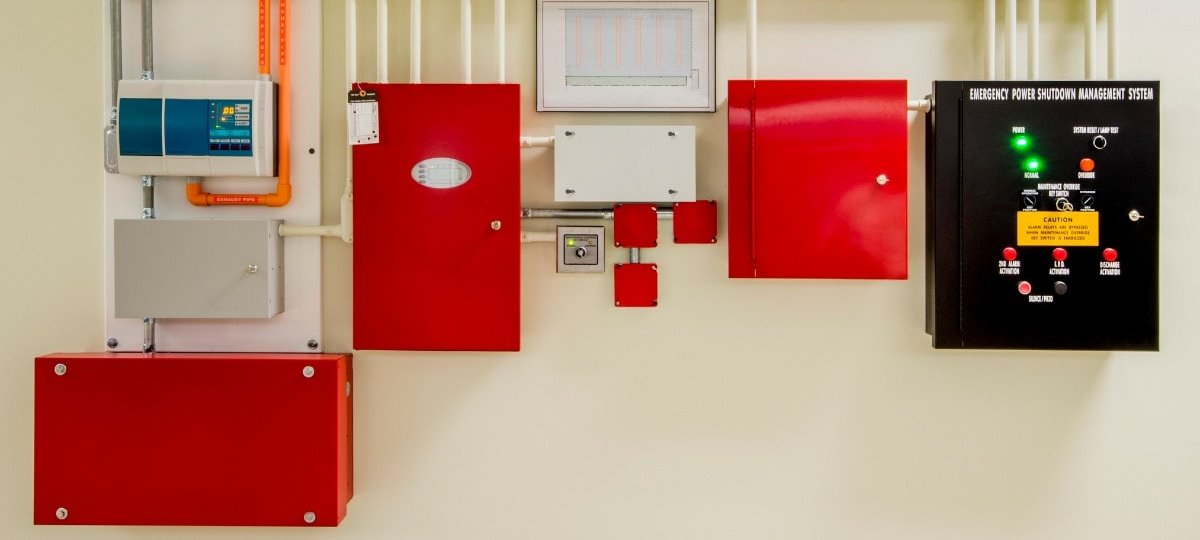What to Do After a Break In
No one ever wants to be victimized by a burglar, but the fact is that many will encounter a theft or break-in at some point in their lifetime. A recent study by Bankrate shows that there are over 1 million burglaries in the United States each year, with a new burglary happening approximately every 26 seconds. If your home or business does fall victim to a break-in, we’ve outlined four tips for dealing with the aftermath and preparing for the future.
1. Contact law enforcement
If you discover a break-in at your home or business, you should immediately walk back outside, move to a safe place, and call the police. Not only does this alert authorities to an issue, but it also prevents you from potentially contaminating the crime scene. Also, while most burglars would flee when they hear you, some could still hide inside your business or residence. Staying outside and waiting for law enforcement to arrive after contacting them is the best option with the least risk to your safety.
Even if you discover the break-in while you are inside, you should avoid touching anything within the home until authorities arrive.
2. Take inventory and assess
Once law enforcement arrives and clears the crime scene, you should move throughout your home and make a complete inventory of any damaged or stolen belongings. There are certain items that burglars may be more likely to take, so ensure you thoroughly check your belongings. Take photos of damaged items, as it may be helpful to your insurance company. Remember to describe missing items with details like:
- Color
- Approximate value
- Any strongly identifying features
- Make, model, and serial number (if applicable)
You will likely need all this information for both police and insurance reports. Additionally, gathering this information can make law enforcement more aware of lost items during the investigation. If you have security cameras in your home, review the footage and see if you can catch additional items that were taken or damaged.
After the police report has been filed, speak to your insurance company and file a report. They will most likely send a representative, usually an insurance adjuster, to your home or business to assess the damages and collect documentation.
3. Clean up and move forward
Once law enforcement and your insurance company have collected everything they need, the best thing for anyone to do after a break-in is clean up and resume everyday life as quickly as possible. Regaining the peace of mind associated with feeling safe and comfortable in your home or business is invaluable. While cleaning up, you might find valuable information to share with police during the investigation.
Unfortunately, once a business or home is burglarized, it can easily be subject to additional trespassers again if word gets out. Ensure that entry points are locked when you are away, and do not delay repairing any property damage. Work with your insurance company to ensure necessary repairs are made. Board up broken windows or doors that can’t be repaired or replaced immediately.
4. Protect yourself for the future
Now that your home or business has become a target, it’s imperative that you take steps to prevent a burglary from happening again. You might find it helpful to start with a physical security audit, preferably by a professional. While reevaluating your property’s physical security, you might find that the answer is to install a security system. Helpful elements to include in your security system are motion detectors and cameras with video alarm verification.
With over 45 years of experience in commercial and residential security, FSS Technologies is an industry leader within the Chicago, Detroit, and South Bend areas. We can assist you in securing your home or business, no matter the size, with our expertise as a local security company.

